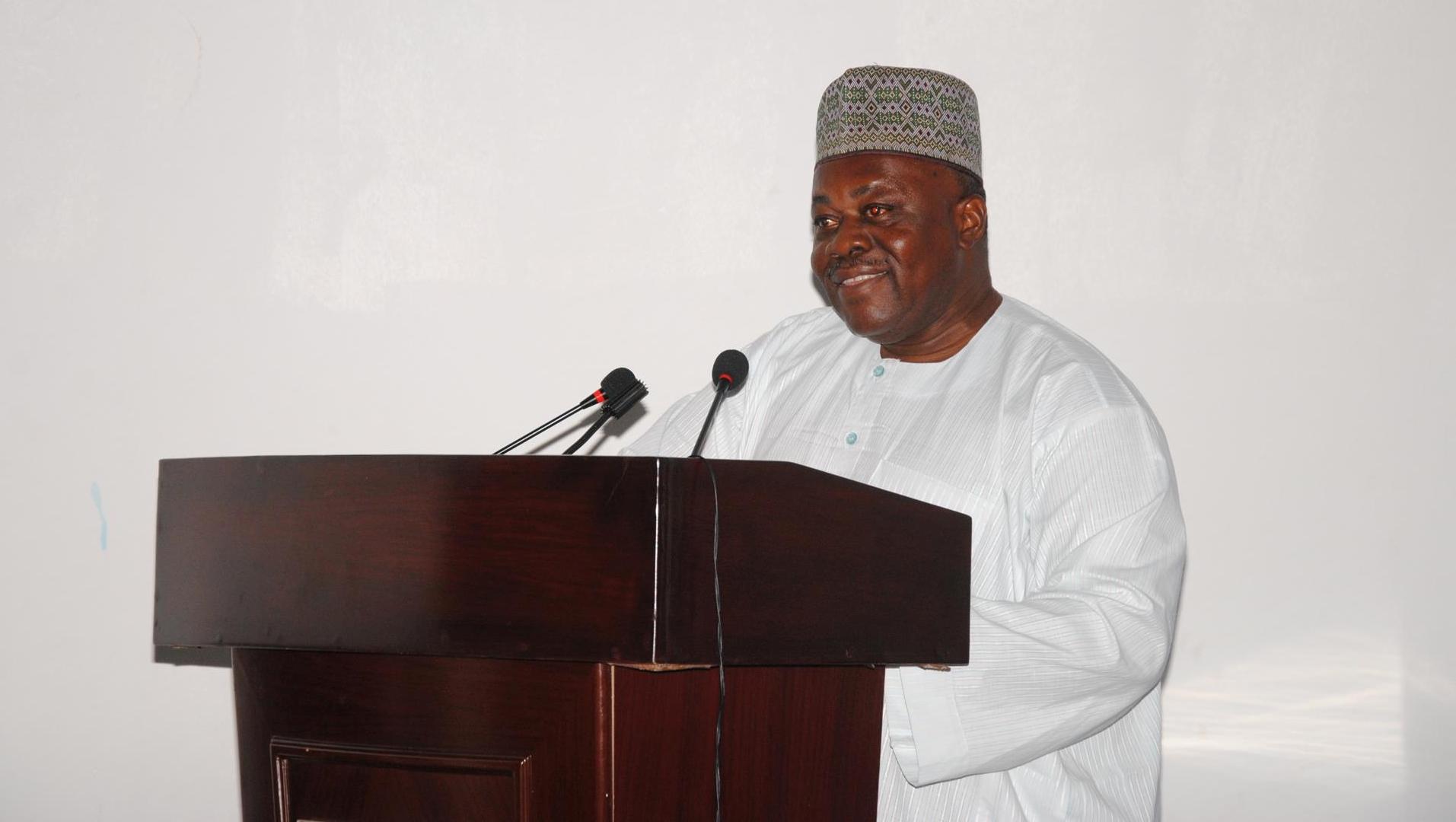Population growth that is adversely averse with economic growth has been identified as not just a problem but the cause of poverty.
Prof Jibrin Ibrahim, Senior Fellow, Centre for Democracy and Development, Abuja, and the lecturer on the theme: “Population, Rights and Peace, Mitigating Insecurity and Gender-Based Violence to Harnessing Demographic Dividend”, faulted the misconception that “population is strength,” saying that it must be commensurate with the economic development.
He affirmed his assertion that Nigeria is currently characterized as the poverty capital of the world with 93.9 people now living below the poverty line.
Read Also: Family of man accused of killing wife appeals to IGP
“Seven million Nigerians fell into extreme poverty in 2020, Nigeria with its 200 million plus population was first to be declared world’s poverty capital in 2018,” he said.
Ibrahim expressed concern on the reckless rate of population growth in the country, warning that Nigeria’s biggest problem is uncontrolled population growth.
“Every year, we add 5 million people to our population. This is roughly the size of Liberia or Montenegro.
“According to towww.populationpyramid.net, in 1960, the population of UK was 52 million while that of Nigeria was 46 million by 2015
“The UK was 62 million while Nigeria was 185 million and by 2070, Nigeria will be 550 million while UK will be only 80 million.”
Ms Ulla Muller, Country Representative, UN Population Fund (UNFPA), reemphasized the need for promotion of family planning to mitigate physical and food insecurity.
Muller said that Total Fertility Rate in the country is high with low Contraceptives Prevalence Rate (CPR).
According to her, to achieve demographic dividend, we must increase economic growth and eliminate Gender Based Violence.
Sen Olubumi Adetunbi, Chairman, Senate Committee on National Planning and Economic Affairs, regretted why Nigeria had missed the 10 years period of census.
Adetunbi, however, called for the conduct of a reliable and credible census that would include the religious data of the citizens to reduce controversies. (NAN)

